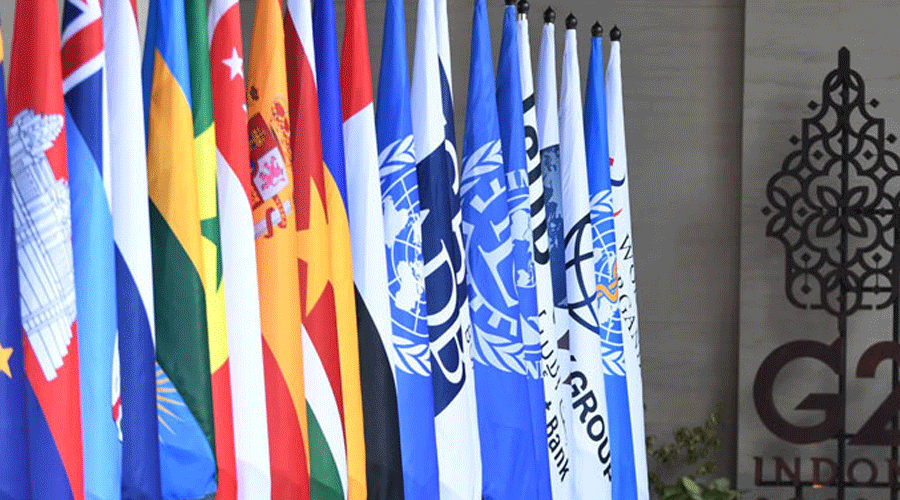World leaders gathered on Tuesday at a moment of severe geopolitical turmoil, as the global economy slinks toward recession, weighed down by high inflation, a growing scarcity of food and the side-by-side threats of the oil shock and financial crisis.
President Biden and his counterparts in many of the G20 nations, which include wealthy countries like Britain and Japan and emerging markets like India and Brazil, are pushing for an aggressive and coordinated response to those threats. They hope to broker agreements meant to dampen global oil prices, help emerging markets escape crushing debt and increase food supplies to poorer nations where the cost of grain, rice and other staples have spiked since Russia’s invasion of Ukraine.
But the administration’s efforts have hit strong opposition from the two countries that will dominate Biden’s attention at the summit, and that can arguably do the most right now to lift the world’s economic outlook: Russia and China.
Russia’s war in Ukraine has been responsible for much of the economic uncertainty facing the world, and on Tuesday world leaders called for ending the war and easing global conflict. President Volodymyr Zelensky of Ukraine addressed the G20 gathering by video link and called again on Russia — whose leader, President Vladimir V. Putin, is not attending — to immediately withdraw its troops. Russia’s foreign minister, Sergey V. Lavrov, is attending the summit in Putin’s place.
Repeating his demands for accountability for Russian violations of international law, Zelensky said that Ukraine would not end its resistance until its territory was restored.
“Every day of delay means new deaths of Ukrainians, new threats to the world, and an insane increase in losses due to continuation of the Russian aggression — losses for everyone in the world,” he said.
Xi Jinping, did not directly mention the war in his remarks at the summit but referred to a tense geopolitical environment and disrupted supply chains for food and energy.
“All countries should replace division with unity,” he said, according to a transcript from the Chinese foreign ministry. China, which has an increasingly strong partnership with Russia, has not condemned Moscow’s invasion, but this month Xi cautioned against “the threat or use of nuclear weapons” in the conflict.
New York Times News Service











